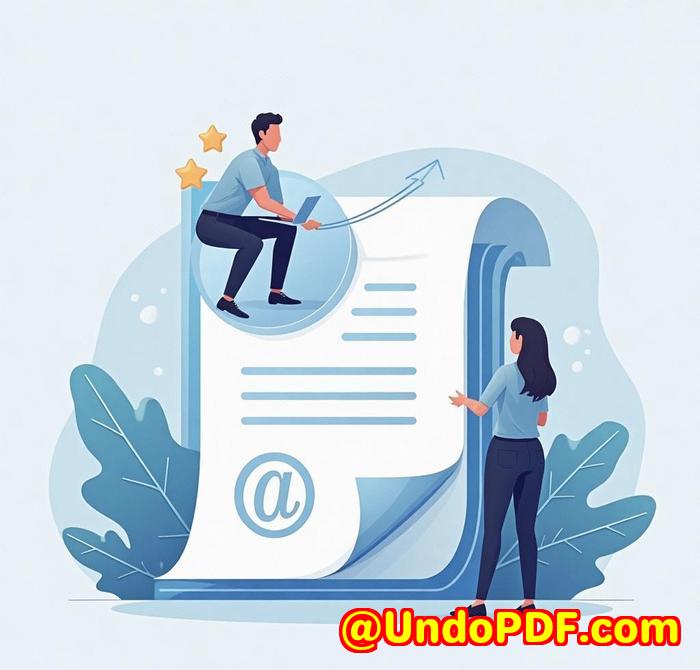Export Tables from PDF to CSV in Multilingual Academic Documents Using Java PDF Tool
Meta Description:
Easily extract tables from multilingual PDFs into CSV using Java PDF Toolkit. Perfect for researchers handling academic data in bulk.
Every PhD student’s nightmare: cleaning up tabular data from scanned PDFs
You know that moment when you’re elbow-deep in a research project, and the dataset you desperately need is locked away in a 200-page multilingual academic journal… in PDF format?

Yeah. That was me.
Our team had just finished gathering reports from international partnersEnglish, Chinese, Germanyou name it. Every document was formatted differently, some scanned, others digitally generated. The real headache? Dozens of tables spread throughout the pages that we needed to export into clean CSV files for analysis.
Copy-pasting? Didn’t work. Online tools? Choked on complex layouts or corrupted non-English characters. I was spending hours manually transcribing rows.
Until I found VeryUtils Java PDF Toolkit.
Found it by accident. Kept it by choice.
I wasn’t hunting for a command-line PDF tool, honestly. I was Googling around for “Java-based PDF table extractor” and stumbled across VeryUtils Java PDF Toolkit (jpdfkit). Looked underwhelming at firstplain website, loads of features, but it didn’t promise flashy UI or drag-and-drop gimmicks.
But what caught my eye?
-
Multilingual document compatibility
-
Command line power
-
Runs on any OS (Windows, Linux, Mac)
Exactly what our team needed.
What makes this tool hit different
It’s not just another PDF tool. It’s a beast of a Swiss Army knife.
Core features I used
-
Text + Data Extraction:
Using the
dump_dataanddump_data_utf8commands, I could pull structured dataeven in complex Unicode characters. That meant no more broken Chinese or umlauts turning into gibberish in my CSVs. -
Bursting pages for parallel processing:
I split large PDFs into single-page files using the
burstoption. This let our scripts process each page independently, which sped things up a lot. -
Page-specific extraction:
When I didn’t need the whole document, I used
catwith page ranges to extract just the sections I wanted. Clean. Precise.
Why it’s better than the rest
-
Most tools I tried failed to retain proper encoding in exported CSVs. jpdfkit? No problem.
-
Unlike online converters, this ran entirely offline, which was crucial for handling confidential academic data.
-
Handles PDFs with layers, attachments, annotations, and even broken metadata. One command fixed issues other tools couldn’t even detect.
What it saved me
-
Time. I went from spending an hour per doc to under 5 minutes.
-
Errors. Zero transcription mistakes.
-
Frustration. Massive relief not dealing with broken layouts or missing characters.
And the best part? Once I had a workflow going, I shared it with my lab mates. One even used it to extract tables from a scanned environmental impact report in Japaneseworked like a charm.
This tool’s not for everyone. But it’s gold for the right crowd.
Who should use this:
-
Academic researchers working with multilingual PDFs
-
Developers building custom PDF workflows in Java
-
Data analysts needing clean CSVs from locked-down reports
-
Legal or compliance teams handling secure or restricted PDFs
If you’re in one of those camps, you’ll want this in your toolkit.
Give it a go. You’ll wish you had sooner.
If you’re still manually copying tables out of academic PDFs, stop. You’re wasting time.
I’d highly recommend this to anyone working with large volumes of multilingual documents.
Start here: https://veryutils.com/java-pdf-toolkit-jpdfkit
Custom Development Services by VeryUtils
Need something more tailored?
VeryUtils offers custom development services for everything from PDF workflow automation to document parsing engines. Whether you’re operating on Windows, macOS, Linux, or server environments, they’ve got the experience to handle it.
Their team supports:
-
Custom development using Java, Python, PHP, C/C++, .NET, and more
-
Virtual Printer Drivers that capture any print job as a PDF, EMF, PCL, TIFF, or PostScript
-
Advanced OCR, barcode processing, digital signatures, and DRM protection
-
Tools for document form creation, font handling, and cloud-based conversion or viewing
If your use case is complex and unique, they can build a solution around it.
Get in touch: http://support.verypdf.com/
FAQs
1. Can I extract tables from scanned PDFs?
Not directlybut if combined with OCR tools like VeryUtils OCR SDK, you can convert scanned images to searchable text before extracting tables.
2. Does it support right-to-left languages like Arabic or Hebrew?
Yes. As long as the text is embedded or extractable, dump_data_utf8 handles multilingual layouts, including RTL text.
3. Can I automate this with a script?
Absolutely. jpdfkit is built for automation. It’s perfect for batch jobs, cron tasks, or Java-based processing pipelines.
4. What file formats can it export to besides CSV?
While it focuses on PDF manipulation, the extracted data can be redirected to .txt, .xml, .json, or any format your processing logic supports.
5. Is this just for developers?
Nope. If you’re comfortable with the command lineeven a littleyou can use this. But if you’re a developer, it scales beautifully for deeper integration.
Tags
PDF data extraction, multilingual PDF processing, Java PDF Toolkit, export PDF to CSV, academic document automation, VeryUtils jpdfkit, batch PDF table extraction, command line PDF tools, research data workflow, Unicode PDF parsing